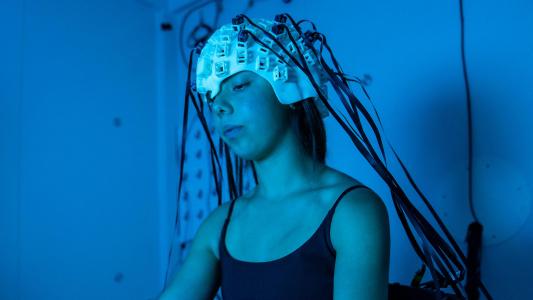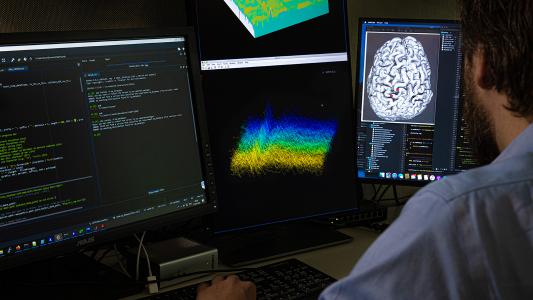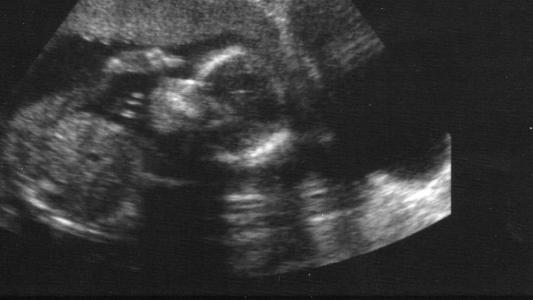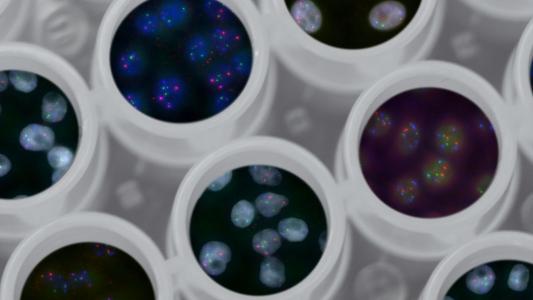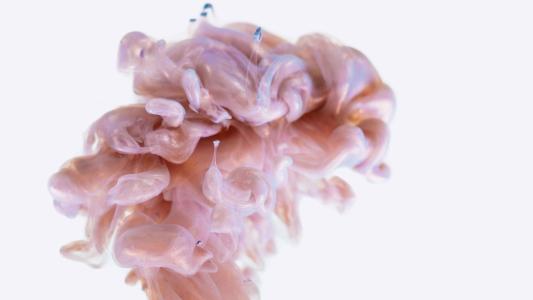Neuroscience
Death: how long are we conscious for and does life really flash before our eyes?
Seeing one’s life flashing before one’s eye might be our ultimate attempt – however desperate – to find meaning in our lives.
In a hole in Earth’s magnetic field, neuroscientists are peering into the human brain
By using quantum physics to measure magnetic fields, researchers are pushing closer to measuring the brain in ways we couldn't before.
AI maps psychedelic “trip” experiences to regions of the brain – opening new route to psychiatric treatments
To better understand how these effects manifest in the brain, we analyzed over 6,000 written testimonials of hallucinogenic experiences.
Brain implant lets man with locked-in syndrome share thoughts
A man with total locked-in syndrome has used a brain-computer interface to spell out sentences with his mind.
Mammals dream about the world they are entering even before birth
A study finds that baby mammals dream about the world they are about to experience to prepare their senses.
Newly discovered types of brain cells may hold the key to memory
Researchers believe they have discovered two new types of brain cells that play a key role in memory.
Clues to schizophrenia and bipolar disorder hidden in the dark genome
A new study suggests that the causes of these disorders are hidden in "dark genes," which may account for the enigma of their development.
Psychosomatic illness: Are some diseases caused by our memories?
The brain appears to remember immune responses, and memories can trigger them to happen again.
How the antidepressant Prozac could treat blindness
Prozac is a widely used antidepressant. Data indicates that the drug could be used to prevent blindness due to macular degeneration.
Brains scans of the placebo effect show new way to treat depression
A meta-study of placebo effect research has revealed a link between the phenomenon and brain stimulation as a depression treatment.

